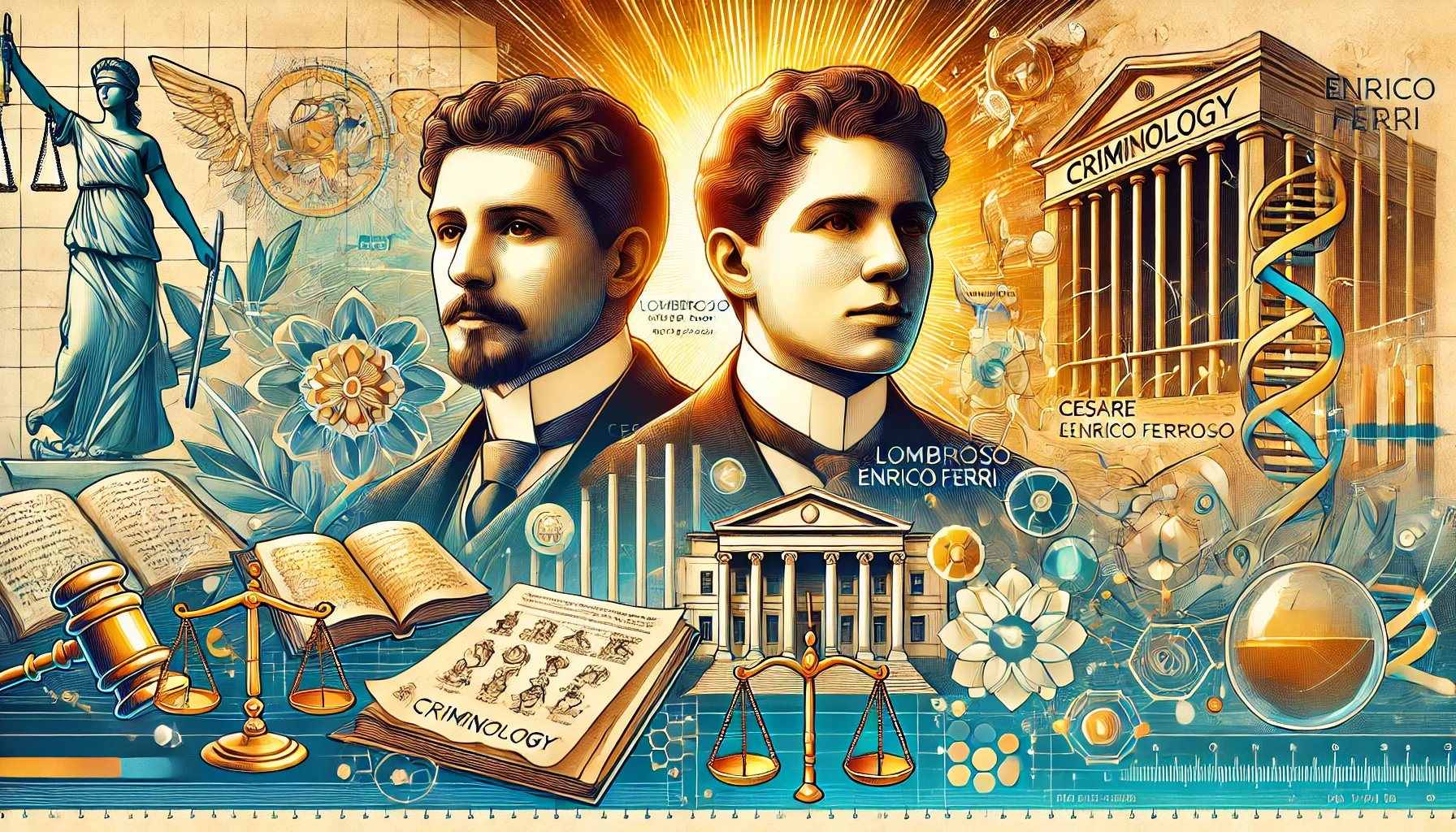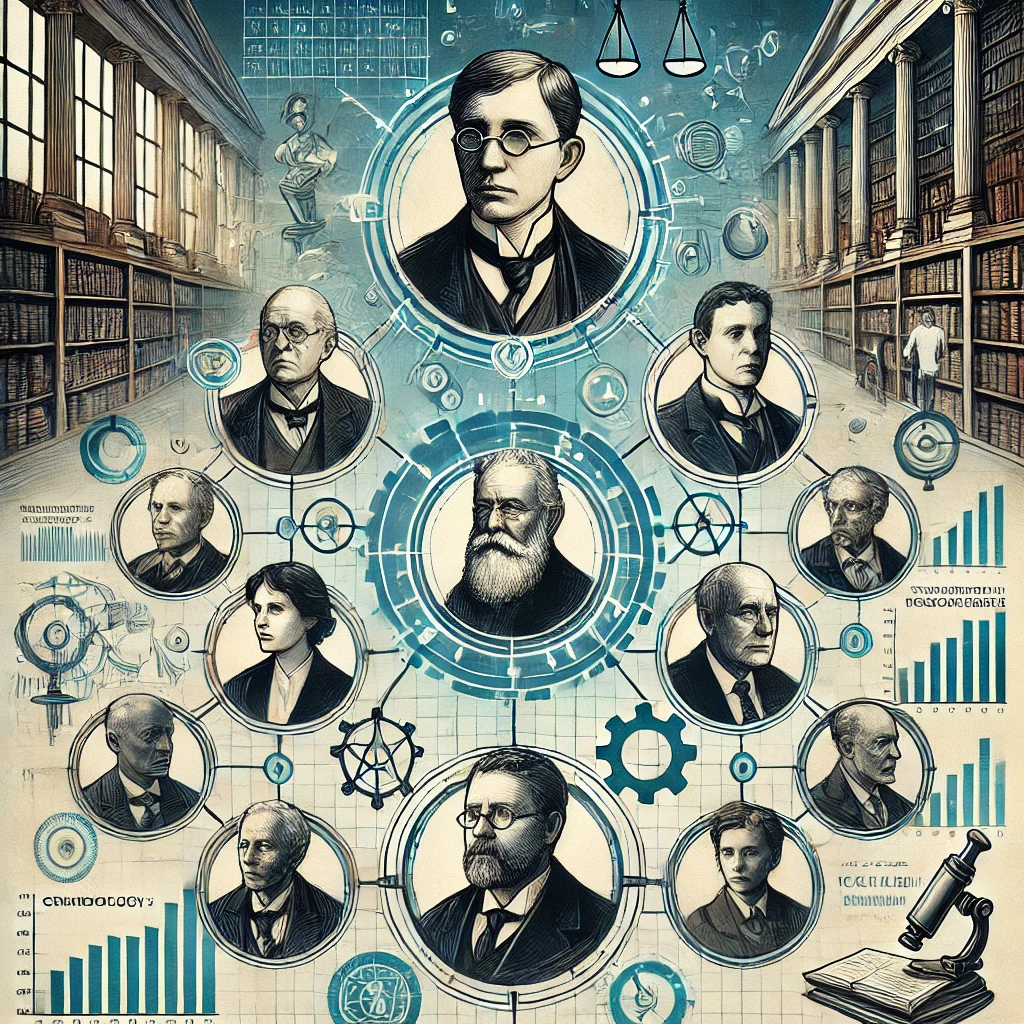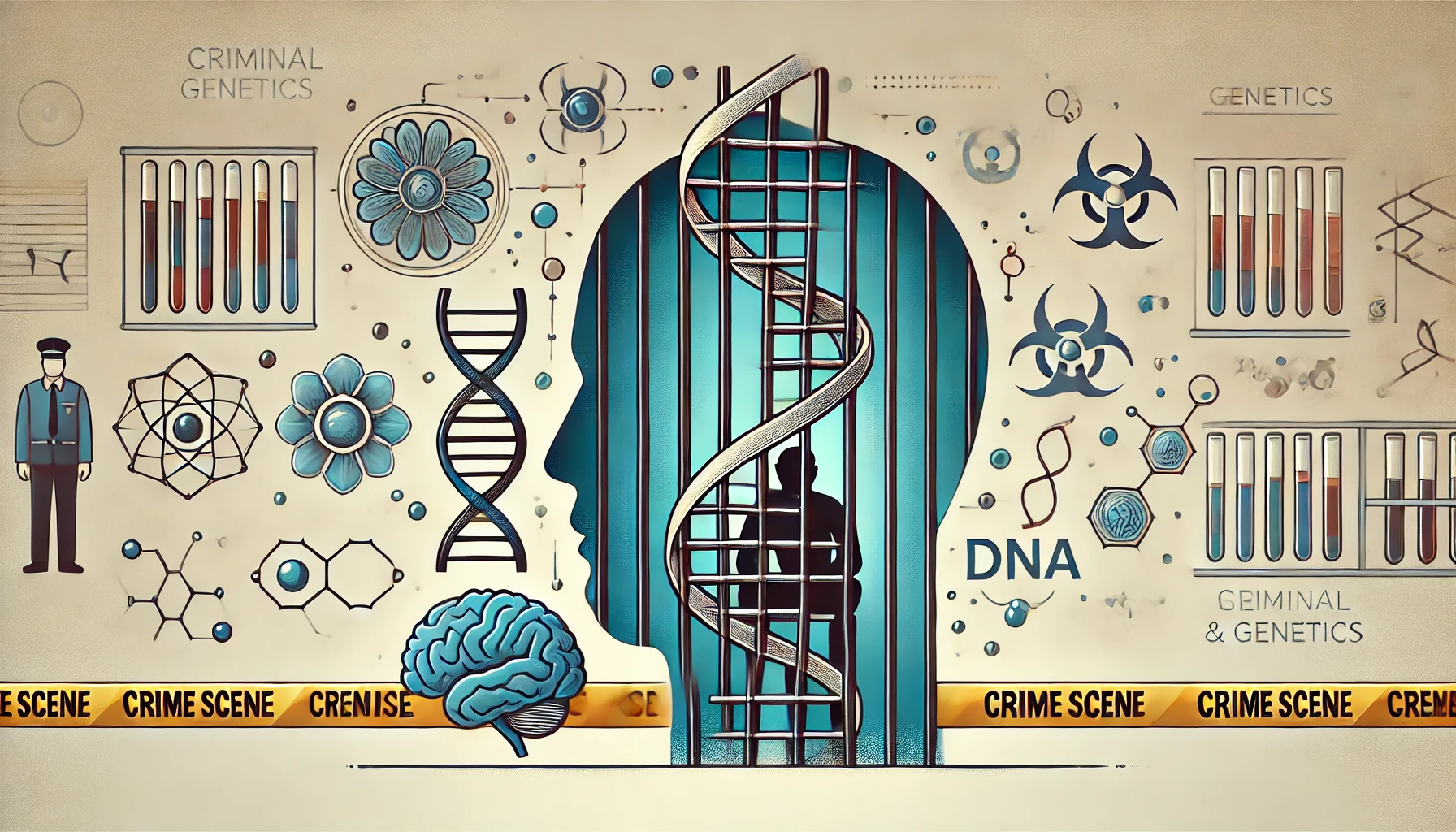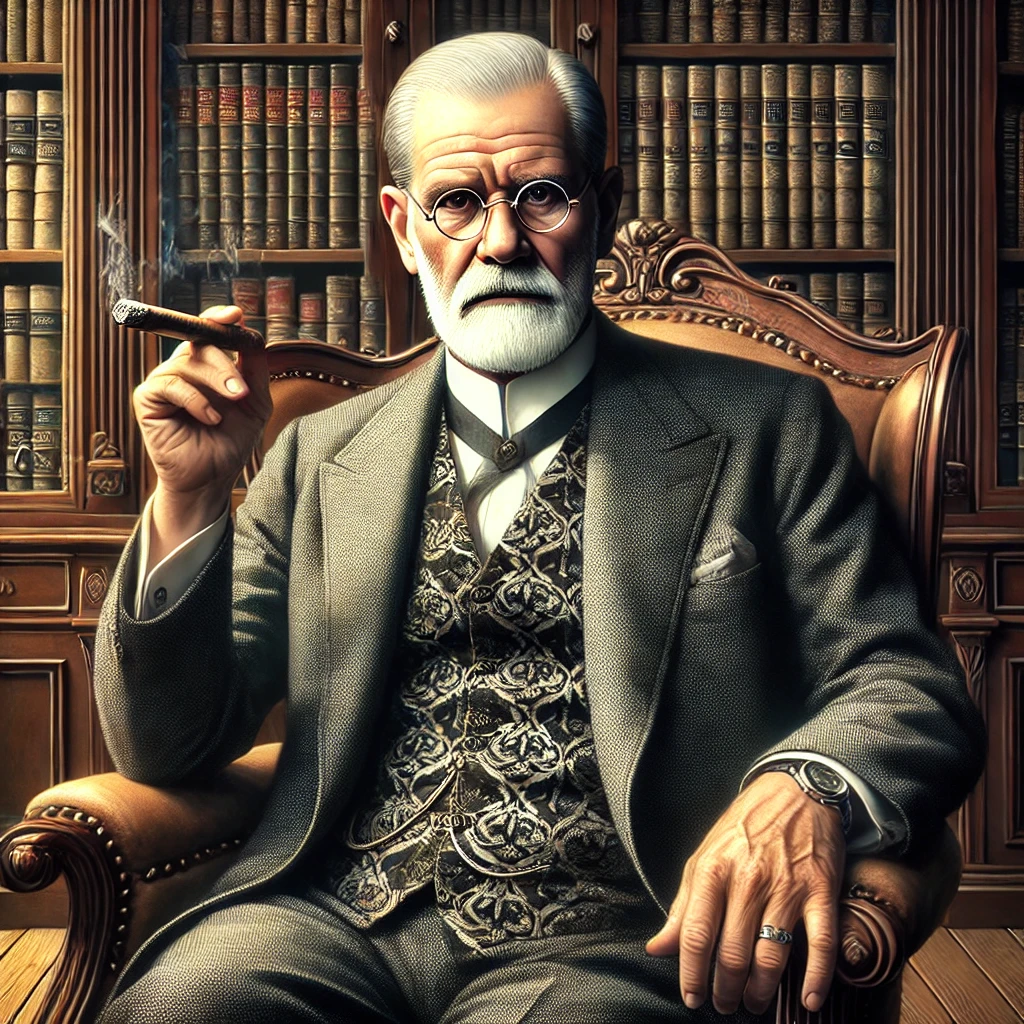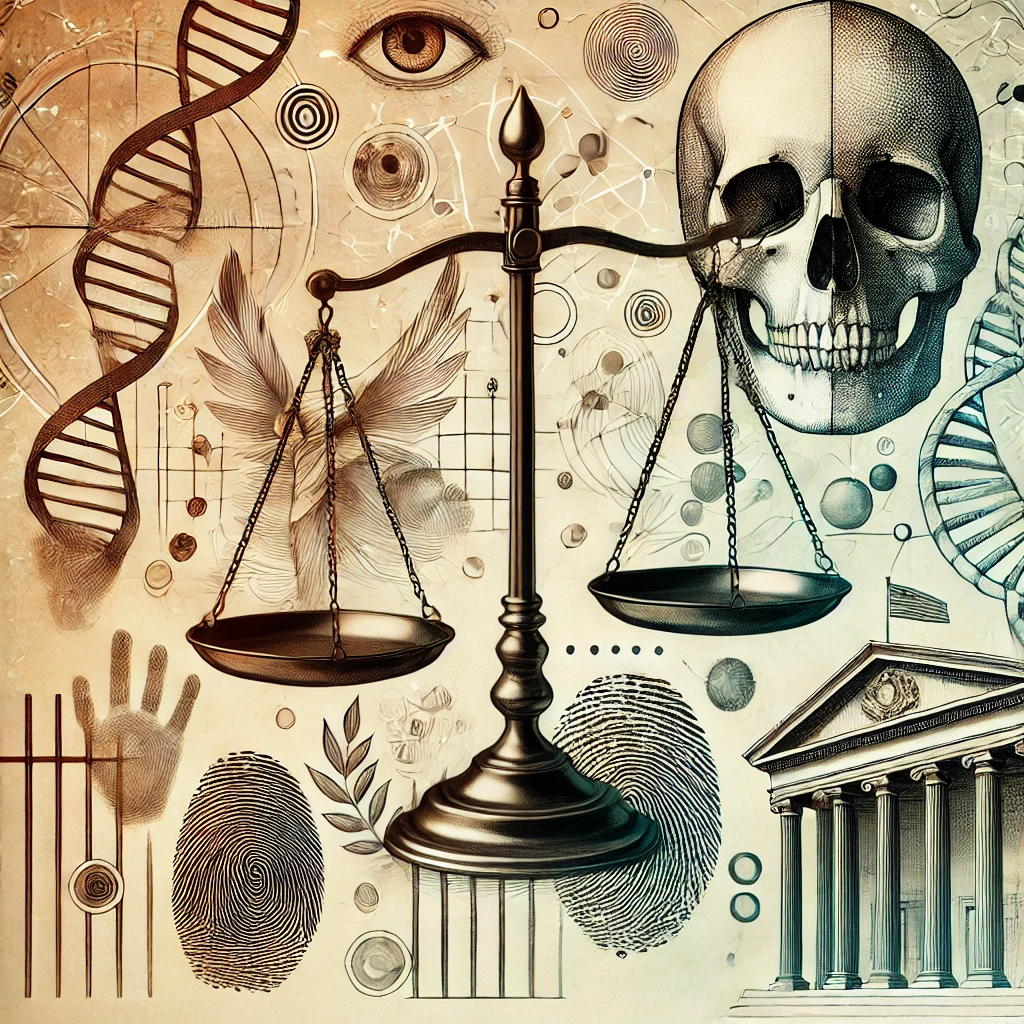The Role of Technology in Modern Criminology: AI and Data Analysis
The integration of technology into criminology has transformed how crime is studied, prevented, and resolved. Artificial intelligence (AI) and data analysis stand at the forefront of this transformation, providing tools that enhance efficiency and precision in crime-related investigations and policymaking. This article explores the impact of AI and data analysis on modern criminology, highlighting their … Read more




